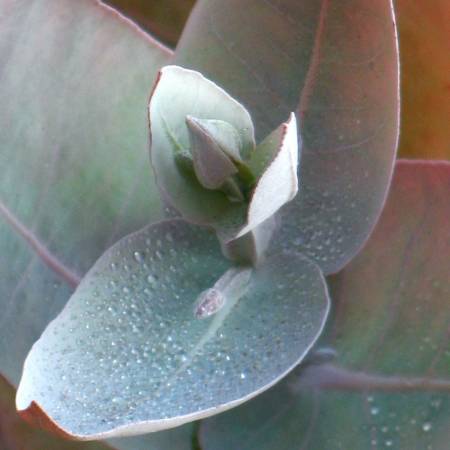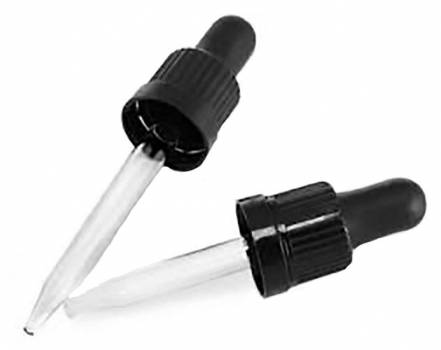Welcome Sign in
Product successfully added to your shopping cart
There are 0 items in your cart. There is 1 item in your cart.
Eucalyptus Radiata - Eucalyptus radiata
Lighter in smell than the Eucalyptus globulus (the most commonly found Eucalyptus) less likely to trigger cough reflex with breathed in as an inhalation. A good choice for respiratory infections.
New
Available
Data sheet
| County of Origin | Australia |
| Therapeutic Properties | Analgesic, anti-bacterial, anti-inflammatory, anti-microbial, anti-rheumatic, anti-septic, anti-viral, decongestant, expectorant, mucolytic |
| Botanical Family | Myrtaceae |
| Chemical Family | Monoterpenes, Oxides |
| Approx. Shelf Life | 3 years |
| Plant Parts | Leaves |
| Note Classification | Top |
| Method of Extraction | Steam Distilled |
More info
History: Eucalyptus Radiata is also known as Narrow-Leaved Peppermint. The young trees have oval bluish-green leaves while the mature trees develop long, narrow, yellowish leaves, creamy-white flowers and a smooth, pale grey bark. Eucalyptus leaves are the favourite food of Koalas, and have been used as traditional medicine by the aboriginal peoples of Australia. Eucalyptus Radiata is preferred over Eucalyptus Globulus because it is less harsh.
Characteristics: A top note with a strong aroma, Eucalyptus Radiata Essential Oil has a crisp, clean, camphoraceous aroma with citrus and floral back notes.
Clinical Studies:
Indications: Used for acne, sinus problems, asthma, bronchitis, catarrh, coughs, sore throat, mouth infections, arthritis, muscle aches and pains, muscle injuries, sprains, influenza, colds, fever, cystitis, vaginitis, headaches and nervous exhaustion.
Personality Profile:
Subtle Aromatherapy:
Mode of Administration: Aroma lamp, bath, diffusor, inhaler, light bulb ring, liquid candle, massage, mist spray, steam inhalation.
Safety: Avoid if you have high blood pressure or epilepsy. For external use only, this is considered toxic if taken internally. Dilute before use; may cause skin irritation in some individuals, so a skin test is recommended prior to use. Avoid contact with eyes.




